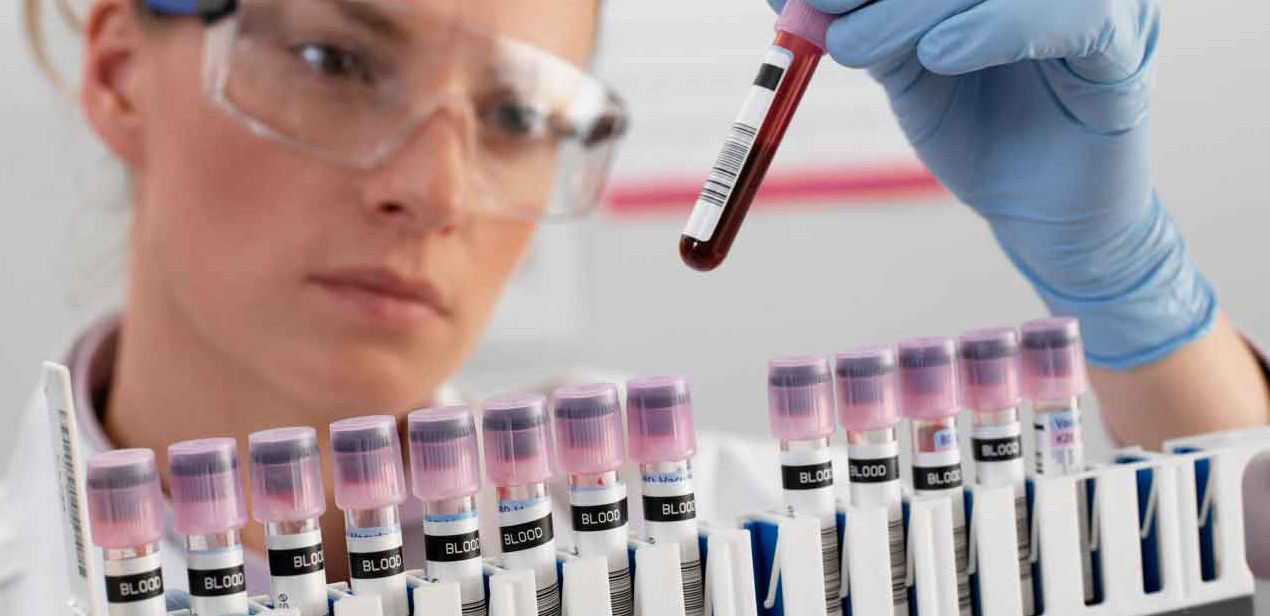Can Lab Tests Steer You Wrong?

The Food and Drug Administration does not review all laboratory tests for health problems, especially home tests. Here's what you should know and what you can do.
Medical tests have become increasingly important. Some are complex. Doctors use them to diagnose or assess risk for serious illnesses, including cancers and heart disease.
People can pay out-of-pocket at walk-in labs and online for a variety of lab tests to check their cholesterol levels and medical conditions, such as anemia, high or low thyroid problems, and some infections.
The problem is that many tests are unnecessary, according to the Food and Drug Administration (FDA).
YOU MIGHT ALSO LIKE: Tests You Probably Don’t Need
As the popularity of certain tests increases, concern is growing about whether they are always trustworthy and whether research backs their validity.
Some tests, such as the Dot Blot for Lyme disease, can give patients false-positives, leading to unneeded treatments. One test for ovarian cancer risk used to prescribe a chemotherapy drug produces false negatives. Others provide irrelevant information, wasting time and money, or information intended to lead patients to treatments the FDA deems unproven or bogus.
In recent years, the FDA has increased regulation of lab tests, to make sure they are safe and accurate. But the federal agency does not approve every lab test before it is available to the public.
Tests the FDA regulates
As a matter of policy, the FDA generally does not review laboratory-developed tests. Such tests, available with a doctor prescription, are created and performed in a single laboratory. They don’t have the FDA's independent assurance they are valid or useful.
Yet, the FDA does make sure that many laboratory tests are safe and effective. Tests that could pose substantial risk of harm if they are inaccurate (for example, a do-it-yourself lab test that falsely claims it can reveal whether you have cancer) fall into the most stringent category and are subject to the highest standards of proof for safety and effectiveness.
Those tests require the most time and resources to gain approval. That’s why you may read that new and experimental tests for diseases are on the horizon but won’t be available until their accuracy is thoroughly proven.
Lab tests that are not new or complicated, especially those similar to others already in use, are exempt from FDA review. Tests that have a new use, however, generally require more time and resources for approval.
You may see many lab-developed tests for sale online proclaiming the products have Clinical Laboratory Improvement Amendments (CLIA) approval. CLIA is a federal program run by the Centers for Medicare & Medicaid Services (CMS). The CMS regulates all lab testing (including lab research) performed on humans in the U.S., to ensure quality laboratory testing.
For example, labs must follow specific procedures to meet strict cleanliness standards and consistent methods of testing.
What you should know about direct-to-consumer tests
You can buy hundreds of health and genetic tests online. The FDA reviews some, but not others. The FDA does not review most direct-to-consumer tests for general wellness, low-risk medical purposes, or your ancestry.
Some do-it-yourself tests for moderate-to-high risk medical purposes (such as checking for certain infections) may have a higher impact on your healthcare. The FDA is most likely to review them for accuracy and to make sure instructions are clear for consumers.
No matter what kind of at-home test you use, always read the label to understand how to perform the test and what the test claims to do. It’s also important to talk to your doctor about any test results you don’t understand or that are worrisome.
Updated:
July 27, 2023
Reviewed By:
Janet O’Dell, RN